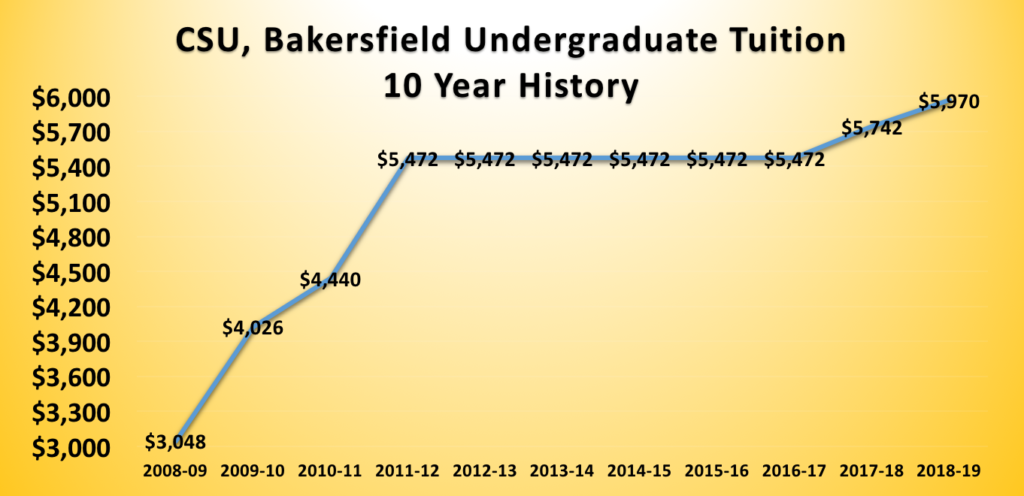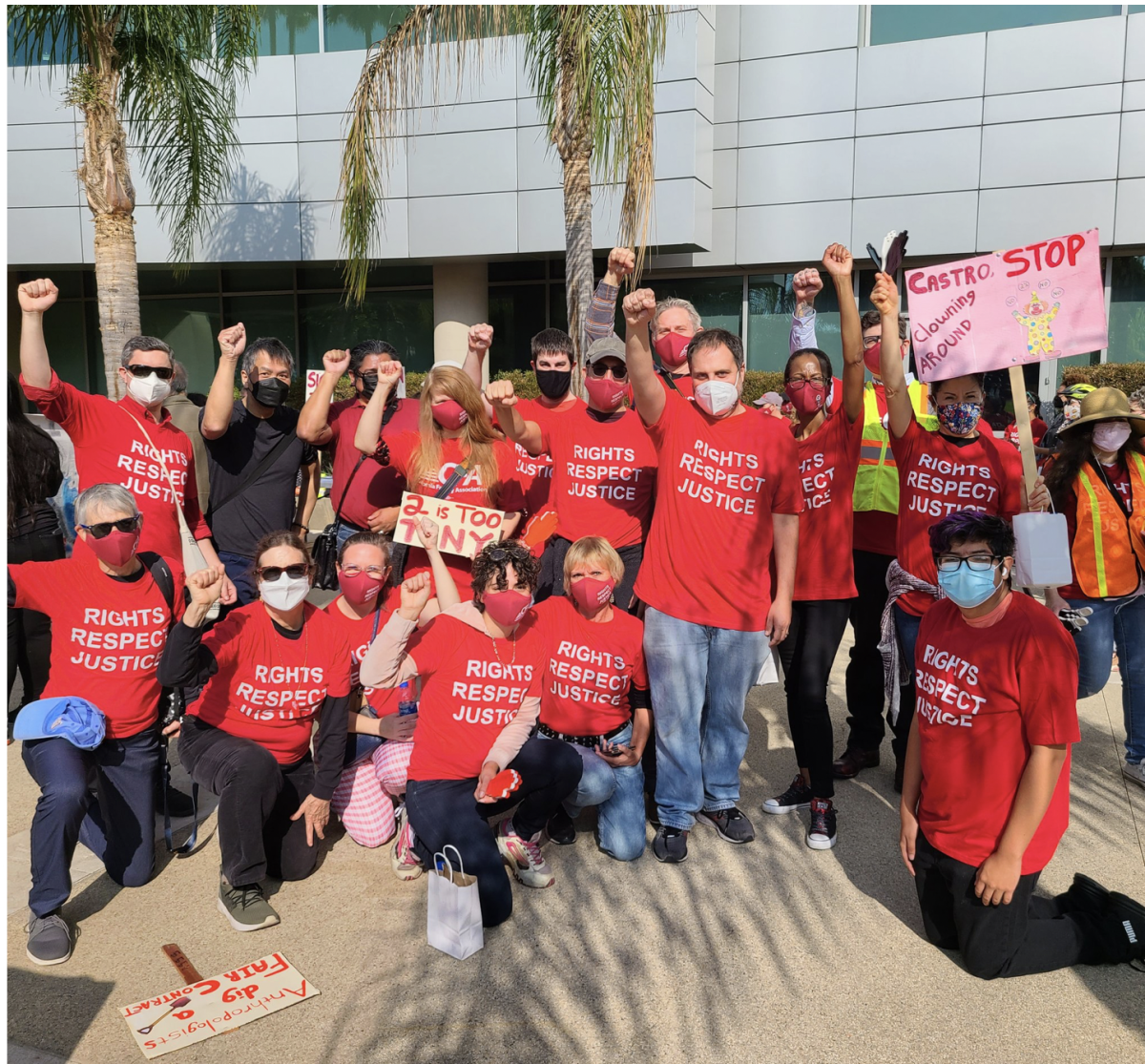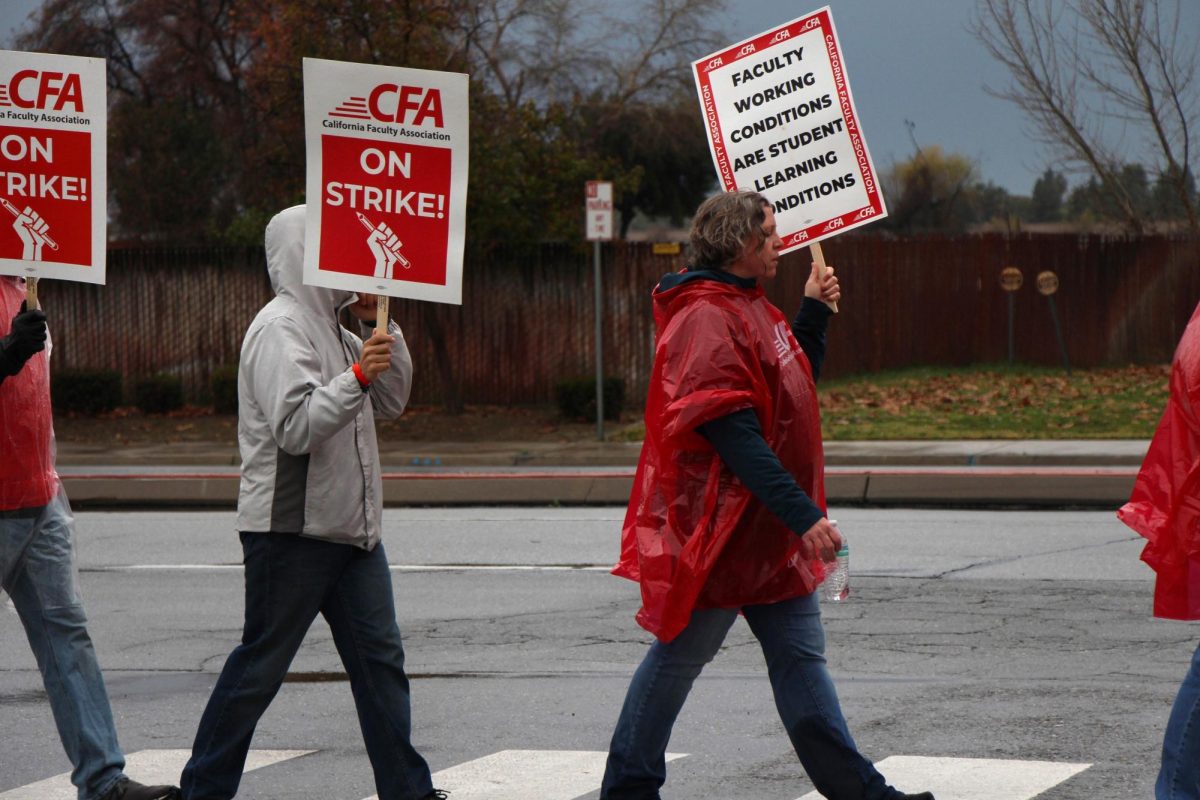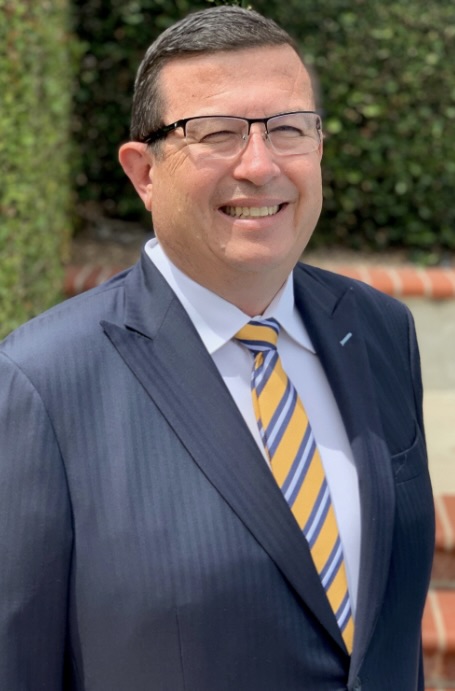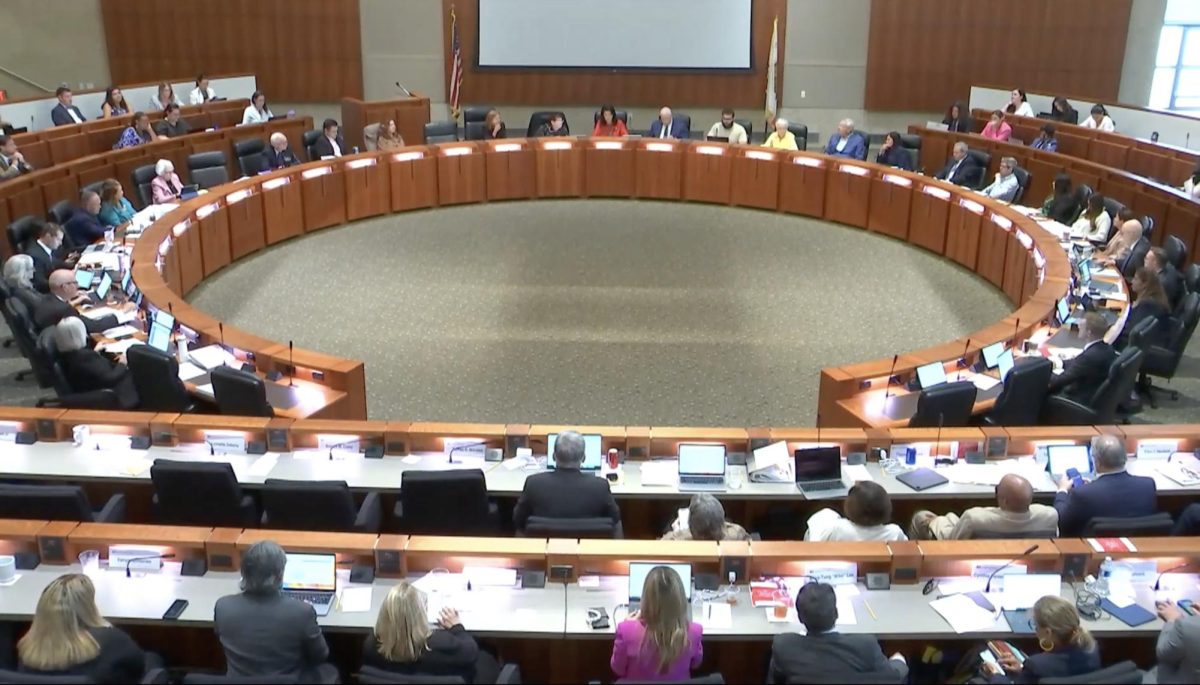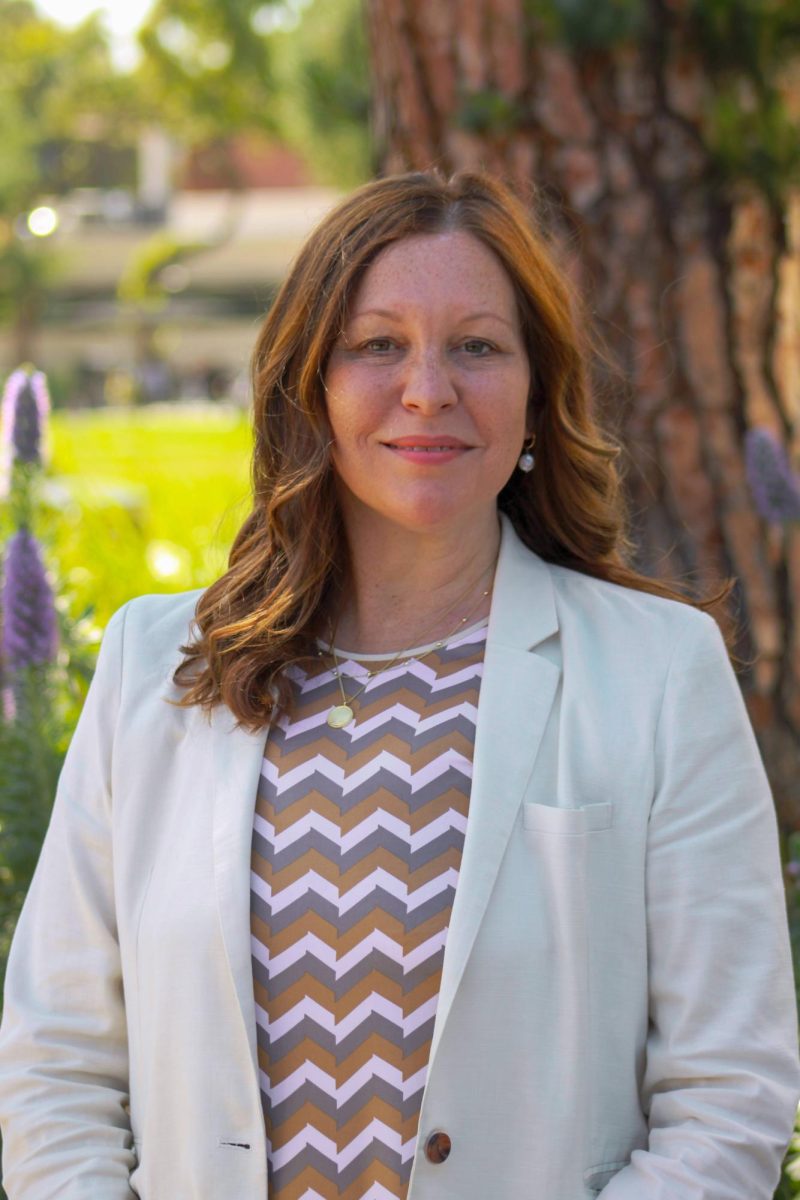By Veronica Morley
Digital Managing Editor
CSU Chancellor Timothy White announced on Jan. 30 a potential $228 tuition increase will be voted on by the Board of Trustees in May.
The increase would be a possible resolution to the $171 million budget gap left by the 2018-2019 Governor’s Budget.
The Board of Trustees asked for a $263 million budget but were only allocated $92 million in the Governor’s Budget, $65 million less than was allocated a year ago.
CSU Executive Vice Chancellor and Chief Financial Officer, Steve Relyea, said their first priority is to make a case with the state leaders before June for more funding.
“In the event that we’re not successful, we do need to plan for contingencies including the potential of increasing revenue through tuition increase,” he said.
Chair of the Political Action Committee for the California Faculty Association Lillian Taiz spoke to the Committee of Finance about increasing tuition to make up for lack of funds provided by legislatures.
“For legislators, tuition increase is the easy way out… Meanwhile students go deeper into debt, take on more hours of work, take longer to graduate, and then to add insult to injury get blamed for not moving through their systems fast enough.” she said.
One of the first programs that the Board of Trustees plans to invest in is the second year of Graduation Initiative 2025. At CSU Bakersfield it is known as “15 to Finish.”
The program incentives state that students who “Commit to Complete” will remain on track to graduate in four years, increase their GPA and save money.
As Taiz points out, the tuition increase is actually counter-intuitive to the program it is going towards funding.
Another facet the tuition hike will affect is the homelessness and food insecurity among CSU students.
According to a report from Equity Interrupted, conducted by the California Faculty Association, one in four students suffers from food insecurities and one in 10 suffers from homelessness.
In 2013, a survey about food insecurity at CSUB was conducted by econimics professor Aaron Hegde.
His survey included 679 participants and according to results, 40 percent of respondents admitted to being food insecure at least once that year.
Since then, CSUB has taken steps to address food insecurity on campus by implementing the food pantry, food distribution and the Edible Garden.
The tuition increase could once again affect the percentage of students facing food insecurity.
According to Gabriel Lozano, a 23-year-old organizer for Students for Quality of Education (SQE) at Cal Poly Pomona, he wants to see a more reliable source of funding for the CSU system than the state budget.
“Since 1985, the percentage allotted for the CSU system has decreased almost in half,” he said.
Lorenzo urged members of the board to lobby for legislators to find a more sustainable and permanent way to fund the CSU system rather than using money from student pockets.
To view videos of the Board of Trustees meeting or their agenda click here. The Commitee of Finance tuition agenda is agenda item 4.




